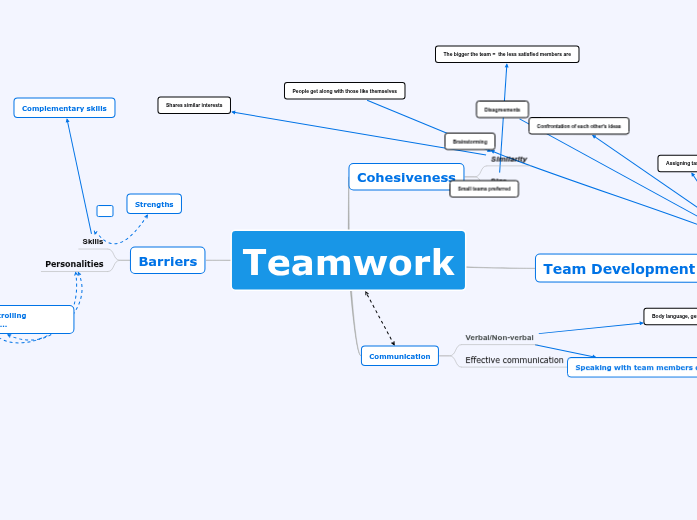Audio Lingual Method - Ecem Tuzluca
Students have very little control over the content and pace. They just obey the teacher.
Teacher is very active. Teacher conducts, guides and controls. Teacher is a model.
Areas and Skills Emphasized
Writing
Reading
Listening
Speaking
Techniques
Drills
Multiple-slot substition dirll
Same as the Single Slot drill, except that there are multiple cues to be substituted into the line.
Single-slot substition drill
Teacher states a line from the dialog, then uses a word or a phrase as a "cue" that students, when
repeating the line, must substitute into the sentence in the correct place.
Transformation drill
Teacher provides a sentence that must be turned into something else, for example a question to be
turned into a statement, an active sentence to be turned into a negative statement, etc.
Repetition drill
Students repeat teacher's model as quickly and accurately as possible.
Backward build-up(expansion) drill
Teacher breaks a line into several parts, students repeat each part starting at the end of the
sentence and "expanding" backwards through the sentence, adding each part in sequence.
Grammar game
Various games designed to practice a grammar point in context, using lots of repetition.
Complete the dialog
Selected words are erased from a line in the dialog - students must find and insert.
Use of minimal pairs
Using contrastive analysis, teacher selects a pair of words that sound identical except for a single
sound that typically poses difficulty for the learners - students are to pronounce and differentiate the
two words.
Dialog memorization
Students memorize an opening dialog using mimicry and applied role-playing.
Goals
knowledge of sufficient vocabulary to use with grammar patterns
ability to respond quickly and accurately in speech situations
oral comprehension
accurate pronunciation
Lesson Procedures
Follow up
Explain
Drill them
Select wrong structure/vocabulary
Act out
Adapt to students' interest
Memorize
Repeat
Listen
Principles
Spoken form is more important than written form.
Language can't be seperated from culture.
Positive reinforcement helps students to develop correct habits.
Purpose of language learning is communication.
Errors should be immediately corrected by the teacher.
The more often something is repeated, the stronger the habit and the greater learning.
Teacher should provide students with a native-speaker-like model.
Native language and target language are kept apart.
Language is given within a context.
Evaluation
Each question on the test would focus on only one point of the language at a time.
Test would be a discrete-point in nature.
Sample Activity Videos
Video 2
Video 1
Advantages
The use of visual aids has proven its effectiveness in vocabulary teaching.
It aims at developing listening and speaking skills which is a step away from the Grammar translation method
Disadvantages
The behaviorist approach to learning is now discredited. Many scholars have proven its weakness.
The method is based on false assumptions about language. Mastering a language relies on acquiring the rules underlying language performance. That is, the linguistic, sociolinguistic, and discourse competences.
Criticism
Teacher-centered.
Not a natural, real communication.
No cognitive learning.
Listening and speaking are emphasized but other two skills should be given equal importance.









